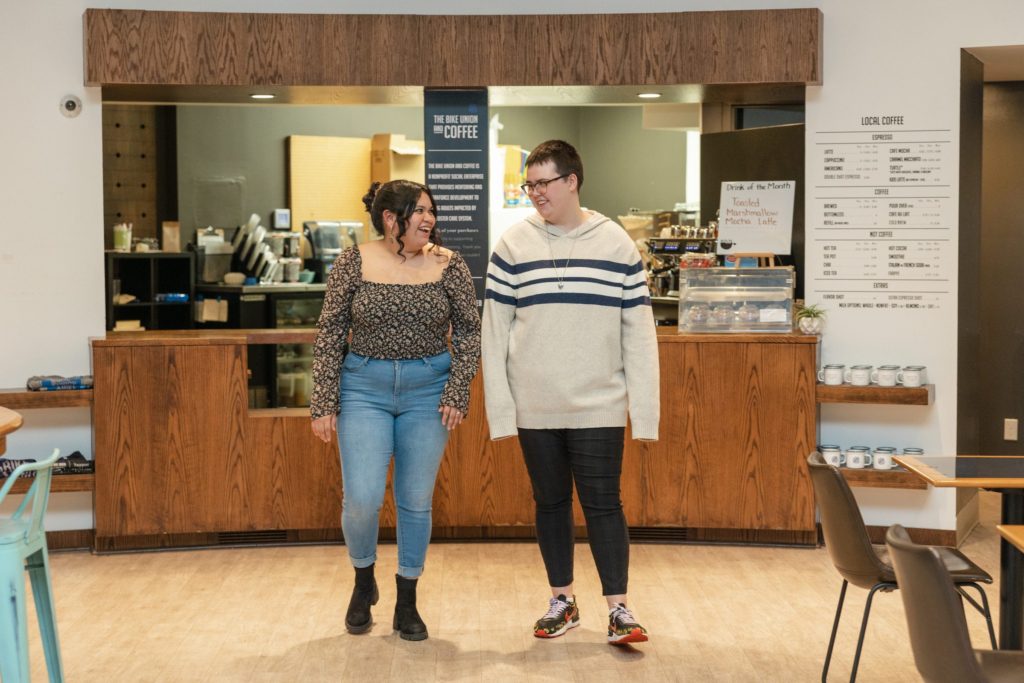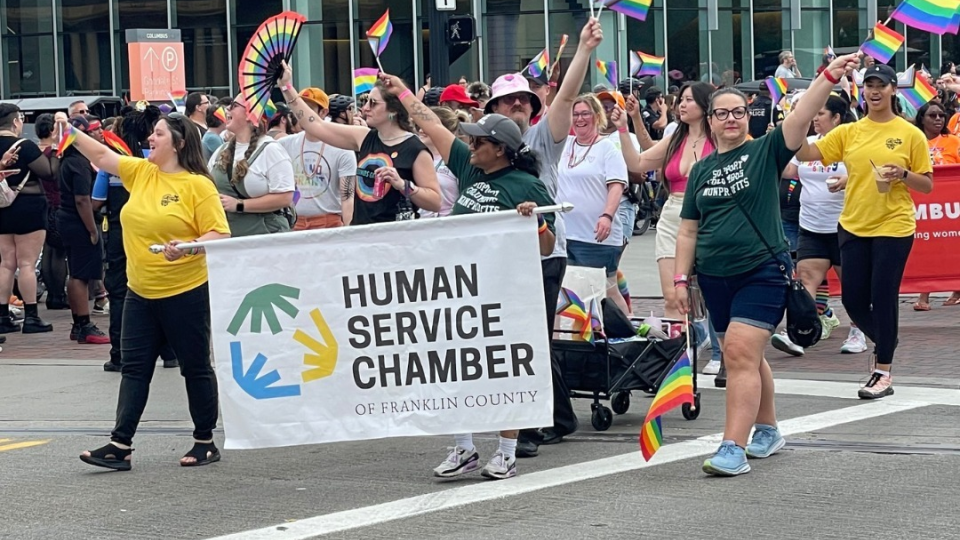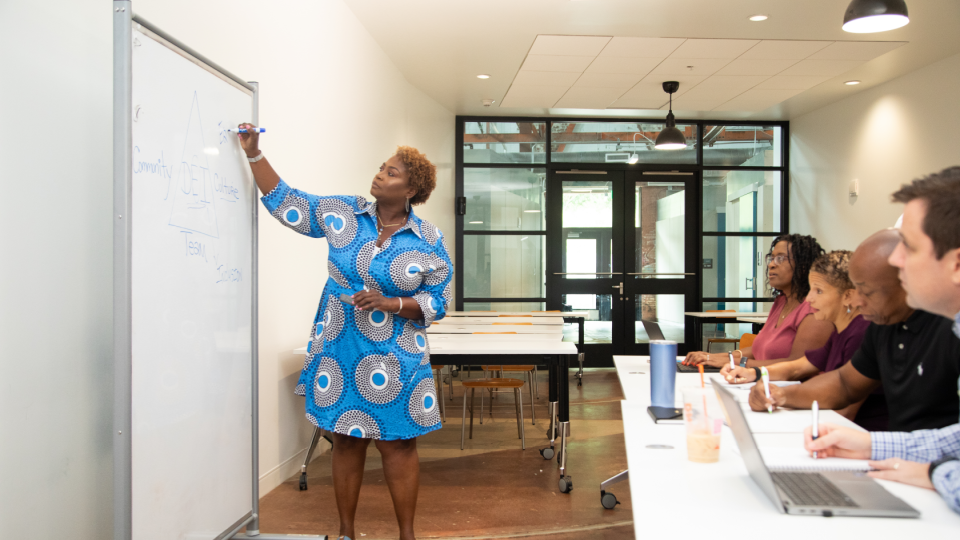Independent Sector member MENTOR aims to drive equity and close the mentoring gap through quality mentoring relationships for young people – amplifying change, one relationship at a time. Their 13th Annual National Mentoring Summit takes place January 25-27 at the Marriott Marquis Washington, DC. The conference is an opportunity for mentoring practitioners, researchers, philanthropic investors, youth leaders, government and civic leaders, and Affiliates from across the country to unite under the shared goal of driving positive change for young people.
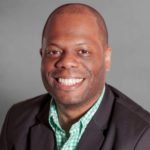
Tim Wills
We asked Tim Wills, MENTOR’S Chief Impact Officer, about their mission and the theme of this year’s conference, “Bridging Divides through Relationships.”
IS: According to MENTOR, “Potential is equally distributed; opportunity is not.” Talk about how lack of opportunity can keep many young people, particularly those from underrepresented communities, from realizing their full potential and deny our country the benefit of their talents that can make our communities and nation better.
TW: As someone who grew up in Ferguson, Missouri, I lived this firsthand. Opportunities for my peers and me to reach our full potential were few and far between. I know that mentors can be the force that help young people reach that full potential, and our research here at MENTOR shows this to be true: 74% of those who had a meaningful mentor say that person contributed significantly to their later success in life.
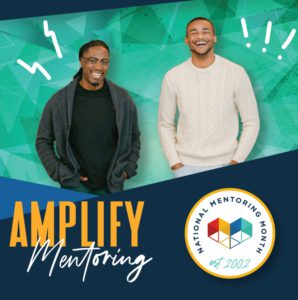
Courtesy of MENTOR
MENTOR has focused its efforts on systems change – in creating mentoring mindsets – in two environments where young people spend a significant amount of time and find mentors naturally: schools and workplaces. We know that by prioritizing and centering relationships in all spaces where young people are, we can make a difference for those who come from underrepresented communities. By promoting intentional student-adult relationships and raising awareness around the importance of providing youth with equitable access to quality supports in schools, for example, we are empowering youth both inside and outside classrooms. By creating mentoring mindsets and centering relationships in the workplace, we can amplify equity in the workplace.
One study estimates that the human potential lost as a result of the educational achievement gap is the economic equivalent of a permanent national recession. By preparing young people for college and careers, mentoring helps develop the future workplace talent pipeline.

Courtesy of MENTOR
IS: Mentoring and relationship building can bring us together and navigate us toward greater connection and opportunity. Tell us about how your organization and your programs use those powerful tools.
TW: MENTOR represents a movement that meets young people everywhere they are – in programs large and small, in schools, workplaces, neighborhoods, community centers, and beyond. We operate in collaboration with 24 Affiliates who provide local servant leadership and expertise across the nation, with several more in development. Through our Affiliates, we provide free tools and resources — ranging from tens of thousands of hours of technical training a year to awareness campaigns, webinars, advocacy, and the National Mentoring Summit.
In order to further facilitate key mentoring relationships, MENTOR operates the Mentoring Connector, a free national database of vetted mentoring programs. Potential mentors can search for opportunities by zip code, ages of youth served, and program type, and can immediately contact programs that interest them. The Mentoring Connector sees more than 80,000 searches per year.
Finally, we feel it’s essential to provide organizations with resources and support in order to allow them to support young people as effectively as possible. In 2013, MENTOR was selected by Department of Justice Office of Juvenile Justice and Delinquency Prevention to establish a national training and technical assistance center focused solely on mentoring. The National Mentoring Resource Center serves as a comprehensive and reliable resource for training and technical assistance at the local program level, while also providing mentoring tools, resources, and reviews of mentoring research and best practices. All of the resources we provide are aligned with current research in the mentoring field, ensuring that organizations who use the NMRC are receiving the most effective information and support possible.
IS: The theme of MENTOR’s 13th Annual National Mentoring Summit, January 25-27 in Washington, DC, is “Bridging Divides through Relationships.” Independent Sector also focuses on bridging across divides to build relationships and trust and strengthen communities through our Bridging Fellows program. Share with us your plans for the summit and what you hope to accomplish.
TW: After two years of virtual Summits due to the COVID-19 pandemic, we are thrilled to be able to gather mentoring practitioners, researchers, philanthropic investors, youth leaders, government and civic leaders in person once again. There’s really no parallel to the incredible community synergy of having everyone together for three days. We’re excited to inspire more people to become mentors, share our free, accessible resources (such as Becoming a Better Mentor), and inform people about our systems change work in educational and workplace settings.
We’re especially looking forward to a few key highlights. The Summit kicks off with Capitol Hill Day, an advocacy event that connects members of Congress and their staff to mentors, advocates, professionals, and young people from across the country to talk about critical issues facing the nation’s youth and the legislation and policies they can implement to expand access to quality mentoring opportunities. During Summit, we’ll also be debuting our new research, “Who Mentored You?”, which revisits the mentoring gap that came out of our 2014 research study.
In addition to the 70+ learning sessions that will take place throughout the Summit, we have three mainstage plenaries. “Bridging Divides Through Mentoring,” the opening plenary, will focus on the myriad ways mentoring bridges divides across society. “Fostering Leadership Through Youth-Led Movements” will illustrate how young people are leading advocacy efforts and will explore the role mentors play in cultivating youth voice and leadership. “Celebrating Mentorship Through Storytelling,” our closing plenary, will highlight the impact of mentoring by showcasing the diverse voices that make up the mentoring field.
IS: What else does MENTOR have in store in 2023 to close the mentoring gap for our nation’s youth?
TW: In 2022, we created a three-year strategic plan that centers around the goal of advancing the mentoring movement such that one million more young people (age 8-24) will have access to quality mentoring relationships. We’ll continue working toward this goal in a few different ways, including supporting our existing Affiliates and launching new ones, continuing to advocate for public investment in programs that support young people, delivering thousands of hours of high-impact training and consulting across sectors, and continuing to expand the reach of our Relationship-Centered Schools framework.
Our strategic plan is tied to a number of measurable goals in order to ensure we’re making progress each year toward closing the mentoring gap. Some of the goals we’ve set for the three-year period include increasing our geographic footprint to encompass 70% of the youth population in the United States; building momentum around mentoring such that 100,000 individuals connect with a local mentoring program, donate, or advocate for mentoring; and implementing the Relationship-Centered Schools framework in at least 25 school districts serving a total of 500,000 students.
Our work will be informed by the aforementioned “Who Mentored You?” study, which shows that the mentoring gap continues to persist and is even widening for young people from certain demographic groups. In 2023, as we adapt to our post-pandemic “new normal,” it will be more important than ever to ensure no young people are left behind.
IS: As an Independent Sector, how has being a part of our membership community helped to advance your work?
TW: As a whole, we are really grateful that Independent Sector provides a way for those in the nonprofit and social sectors to have a voice and a seat at the table when it comes to federal policies that affect communities around the country. We see our work as essential to supporting strong communities, and being a part of the Independent Sector community has allowed us to connect with others doing the work.
We’ve really benefited from the public policy-focused resources Independent Sector provides for the nonprofit sector – updates on key federal activities and information on the impact of certain laws and regulations have been especially useful for our Government Relations team. Abbie Evans, MENTOR’s Vice President of Government Relations and Strategic Partnerships also served on Independent Sector’s Public Policy Committee. This involved staying up to date on key policy issues at the federal level, as well as engagement with coalition-wide efforts and influence with the Biden-Harris administration. We were grateful to have the chance to ensure issues of import to the mentoring movement and intermediary organizations were being represented in Independent Sector’s efforts.
Debra Rainey is communications manager at Independent Sector. Learn about other Independent Sector members and becoming a member.
